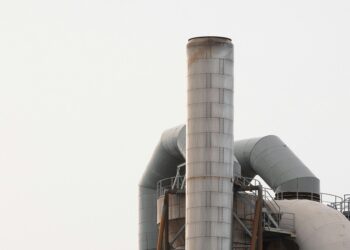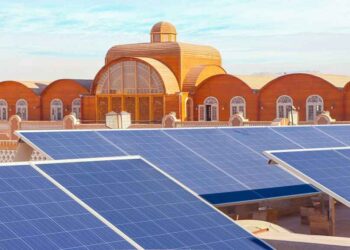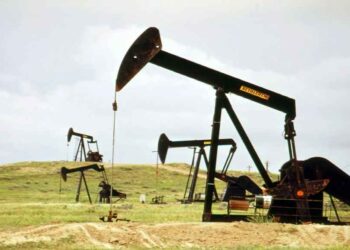It does not necessarily reflect the views of Rigzone.
If you spent a few hours stopping people on the street and asking whether or not they like the oil industry, chances are you wouldn’t find many folks who are huge fans. A recent Gallup poll confirms this with numbers showing that the majority of Americans either dislike or have no feelings about the oil industry; only 34 percent feel positively about it.
What’s more, that 34 percent is actually a huge improvement over years past. Previous polls have shown the industry struggling even more to gain public approval. In 2012, another Gallup poll showed that Americans hate oil companies more than the federal government.
So why do Americans feel so negatively about the oil industry?
Digging deeper, there seem to be three catching points that keep the public from feeling good about the oil companies. Here’s a closer look at what the public believes, what is actually true and how the two can be reconciled moving forward.
Sticker Shock
Gasoline prices account for the biggest touch-point that the oil industry has with consumers. Most Americans perceive the oil industry as a singular entity that forces them to pay up week after week at the pump. And when gas prices are high, that perception tends to create negative associations.
Unfortunately, most Americans don’t understand how the pricing of gasoline really works, and they shoulder oil companies with 100 percent of the responsibility for high prices. In practice, oil companies play a small role in a huge, multi-faceted system of which each piece impacts the price consumers pay at the pump.
Gallup elaborates on the relationship gas prices have with consumer approval:
- Historically, there is a statistically strong, albeit imperfect, relationship between gas prices and Americans’ views of the oil and gas industry.
- From 2001 to 2003 – when the August price of a gallon of gasoline
- in the U.S. averaged around $2, adjusting for inflation – the percentage of Americans rating the industry positively was higher than the historical average of 23 percent. And views of the oil and gas industry have improved since 2012 as the price of gas has fallen.
Where’s the Source?
They don’t call it “Texas tea†for nothing. Despite the long-standing perception that the world’s oil comes primarily from the Middle East, the fact of the matter is that the Middle East is no longer the only game in town when it comes to crude production. In fact, enormous amounts of oil are entering the market from countries that might surprise you.
It’s easy to criticize the oil industry when you think it lives primarily outside your own country, and that’s exactly what Americans seem to be doing. They fail to realize that the United States is now one of the biggest players in oil production on the planet.
According to Bloomberg, the United States surpassed both Saudi Arabia and Russia to become the world’s number one producer of oil. That raises the question, how would most Americans feel if they knew oil is now such a homegrown industry?
Environmental Concerns
The third and final reason that the public holds such a grudge against the oil industry has to do with the environment. For decades, the oil industry has been seen as one of the biggest perpetrators of environmental pollution. Unfortunately, this perception comes from a handful of isolated incidents of pollution that were highly publicized – oil spills, rig failures, pipeline bursts, etc. These events are exceptions to the industry’s ongoing efforts to preserve the environment and reduce its impact.
In fact, certain aspects of oil production have not only kept the environment clean, but actually made it cleaner. The well-known practice of hydraulic fracturing (fracking) in the United States is often criticized, but it’s responsible for an abundant domestic supply of natural gas; natural gas is the cleanest of all fossil fuels and it’s being substituted for coal across the country; when natural gas is burned, it creates only a fraction of the emissions caused by coal or gasoline combustion. According to Aries Residence Suites, this means cleaner air, less mining, and overall better environmental conditions.

















































